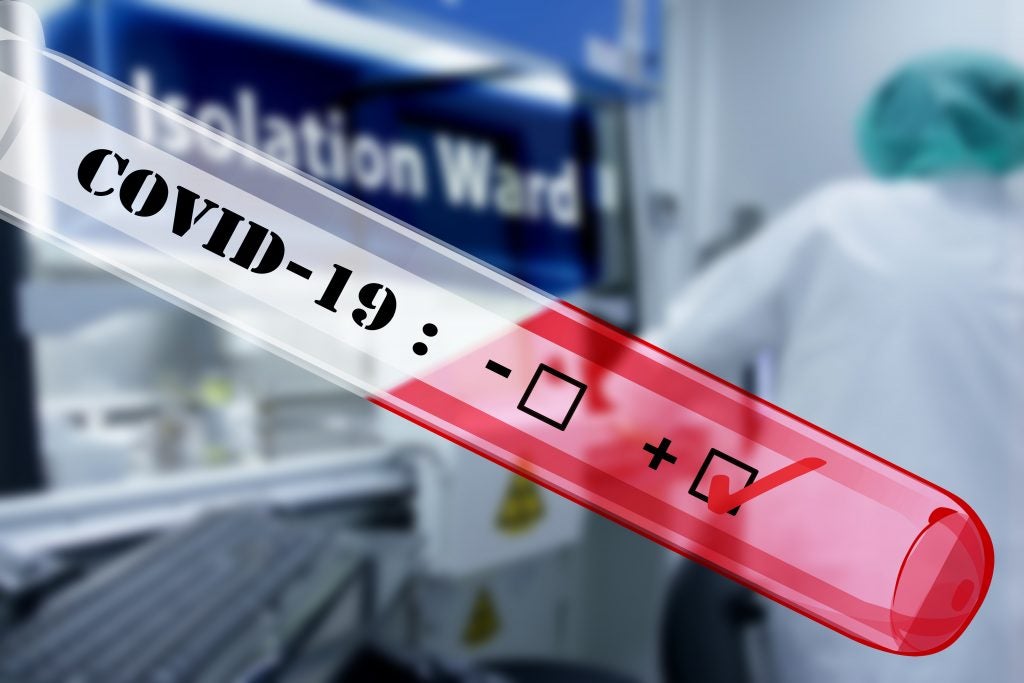Can I use my right to refuse for COVID-19?
Employees have a right to refuse unsafe work when there are reasonable grounds to believe that the work, tool, or equipment is dangerous to you or another person’s health and safety. Many situations could create a dangerous condition in your workplace and COVID-19 is no exception. For most workers, especially those in a health care workplace, the presence of a communicable disease isn’t automatically dangerous, as long as you have the training and appropriate resources, including personal protective equipment (PPE) to do the work safely.
When do I need to use Personal Protective Equipment?
Working with residents or patients who are suspected or confirmed cases of COVID-19 is hazardous work, and PPE is an important tool that allows your work to be performed safely. COVID-19 is spread through respiratory droplets so the PPE for those providing care would include a mask to cover your mouth, goggles or a face shield to cover your eyes, a gown to cover your clothing, and gloves to protect your hands. Lacking any of these resources would make the work more hazardous and could lead to a dangerous situation.
What if I’m not comfortable using my PPE?
PPE is only effective if used properly, which means training on how to put on and take off (donning and doffing) PPE as well as information on its appropriate uses and limitations. Generally, training includes a qualified person demonstrating the task and then observing you doing the same, to verify you are able to do so. Printed handouts and videos are informative and can be good refreshers but may not enable a worker to obtain the necessary skills in donning and doffing PPE. Lacking these skills could lead to a dangerous situation.
My employer keeps the PPE locked up. Is that dangerous?
Sadly, we have heard of numerous occasions of PPE disappearing from health care facilities, which is putting workers and their patients at risk. In response to this, many employers have begun keeping PPE in a secured location. The fact that it is “locked up” is not dangerous unto itself, as long as it can be accessed when needed and does not lead to a situation where a worker is directed to provide care to a person who is a suspected or confirmed case of COVID-19 without their PPE.
If I exercise my right to refuse, do I go home?
No. Generally, the refusal is limited to the task the worker perceives as dangerous (i.e. providing care without PPE) so the worker is able to continue with other tasks while the refusal is investigated. In the rare occasion that the danger is present in all assigned work locations, they can remove themselves to the closest safe location while they report the refusal and await direction.
Do I keep working during a refusal?
The employer has the right to reassign you other tasks during a work refusal. If those tasks are also dangerous you have the right to initiate another work refusal.
Someone else refused. Should I?
Not necessarily. The right to refuse is an individual right, and what is dangerous for one person may not be dangerous for another, depending on the knowledge, training, and experience that person has to do the task safely. Also, some people may have specific limitations due to medical conditions that make a situation dangerous for them but not others.
Do I get paid if I refuse?
Yes, a worker cannot lose wages for exercising their right to refuse. In most cases, the employer assigns alternate work so no hours are lost, but even if the employee loses hours they must still be paid.
I refused and someone else did the work. Is that ok?
Yes, the employer has the right to assign someone else to a task that has been refused. To do so, the employer must do three things: (1) advise the second worker that someone else refused the work; (2) advise them of the reasons for the refusal; and (3) inform them that they also have the right to refuse if they also have reasonable grounds to believe the work is dangerous.
How do I exercise my right to refuse?
You must report your refusal to your immediate supervisor.
I refused and the supervisor tried to fix it, but I still think it’s dangerous. What can I do?
If the supervisor does not remedy the situation to your satisfaction, you have the ability to maintain your refusal by referring it to the workplace health and safety committee for investigation.
The committee investigated and I still think it’s dangerous. What now?
As long as the committee did not unanimously advise you to return to work, you still have the ability to maintain your refusal by reporting it to a health and safety officer under the province’s Occupational Health and Safety Act for investigation.
An officer investigated and I’m still concerned the work is dangerous. Is there anything I can do now?
All parties must abide by the results of the employer’s investigation and their finding of danger or no danger. You can appeal their decision but must abide by it while the appeal is ongoing.

